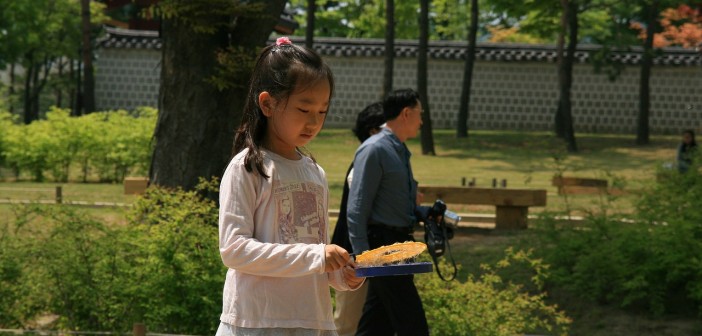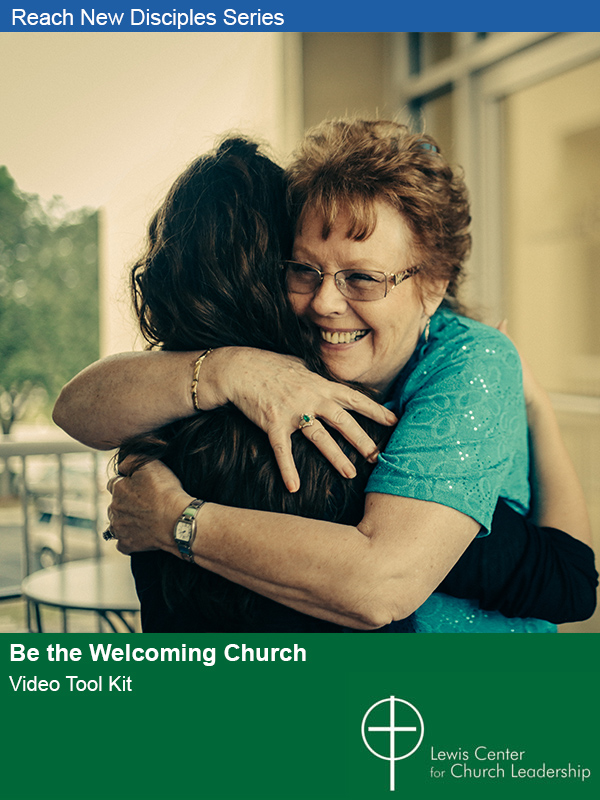The community where I live in South Korea is one of the five top places where Koreans want to live. So to reach new disciples for Christ, it is important for us to think of what we do from a non-Christian perspective. Restoring the leadership and influence of the church is not something that happens inside the church. We have to restore the influence we have from outside of the church.
People have expectations of the church. Whether in the United States or Korea, all people have expectations of what a church should be. Even non-Christians have an image of what the church ought to be. The church needs to be attractive to believers and non-believers based on living its life in such a way that all have respect for it and can say, “That is what a church ought to be.” In Korea it is important for us to view the church from the perspective of the non-Christian person.
Restoring the leadership and influence of the church is not something that happens inside the church. We have to restore the influence we have from outside of the church.
When you begin to look at the church from the perspective of those outside your church, you see what you have to do to be a church all can respect. Look at the church described in Acts 2. They did two things. They worshiped God, and they were respected by the people. As a result, more people were saved. And who were those people? People who were not part of the church.
For our church, this meant that we had to do many new things. We renovated the buildings and made a big cafeteria in the middle of the first floor that is open to the public. We have no religious music or crosses in this space. It is a point of contact where non-Christians can comfortably come into the church. Six years later we have 2,000 new members each year. We don’t have any evangelism programs in the church, but we work hard to make the church attractive to those outside the church.
We have used the proceeds of the cafeteria to begin a ministry that is beyond the church, but is very much God’s work. The focus is on single mothers. Every year, thousands of unmarried women have children in Korea. Most put their children up for adoption. But 30 percent decide to keep their child, which means they effectively give up their chance for additional education or employment. They quickly fall into poverty, and their children grow up in poverty.
Manna Church began a ministry to help single moms, and amazing things began to happen. Many big companies in Korea contributed. Starting next year, the government will support our ministry. The ministry does not bear the church’s name, but people still know the church is a part of it. When we didn’t insist on emphasizing the name of the church, God began to work, and amazing things began to happen.
I work very hard at being a good pastor to my church members, but it is also important to be a good church to the community. It is important to focus on how the church communicates with the world. I want the world to see the church in a different way.
This article is adapted from a presentation Dr. Kim made at Wesley Theological Seminary in 2010.







